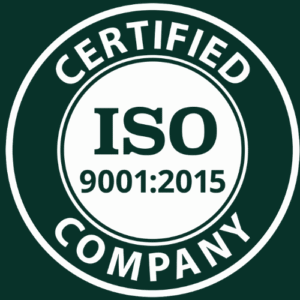Copyright Registration
As a content creator, your work is your asset—whether it’s a song, a painting, a short film, or even a blog post. But creating original content is only half the battle; protecting it is just as crucial. That’s where copyright registration comes into play. Copyright is a legal right that gives you ownership over your original work, allowing you to control how it’s used and ensuring others can’t use it without permission. While copyright protection technically exists from the moment a work is created and fixed in a tangible form, formal registration strengthens your legal standing significantly. It provides public record of ownership and is often required if you want to sue someone for infringement.
- Completed application form XIV
- Copy of the work
- No Objection Certificate (NOC)
- Power of Attorney (if filed through an agent or representative).
- Details of the work
- Fee payment receipt
- Application Submission
- Diary Number Issued
- Mandatory Waiting Period of 30-day
- Examination of the work
- Registration Approval
FAQs
Unpublished works can be registered, but you must clearly declare the unpublished status in the application. Any future publication must be reported for updates.
The author is the creator of the work, while the owner is the individual or entity holding the legal rights, which can be the author or someone the rights have been transferred to.
A diary number is a unique serial or application number issued upon filing a copyright registration; it helps track the status of the application.
Yes, copyright can be assigned or transferred, wholly or partially, through agreements such as assignment or licensing.
No, copyright does not protect against independent creation; if someone creates a similar work without copying, it is not considered infringement.

